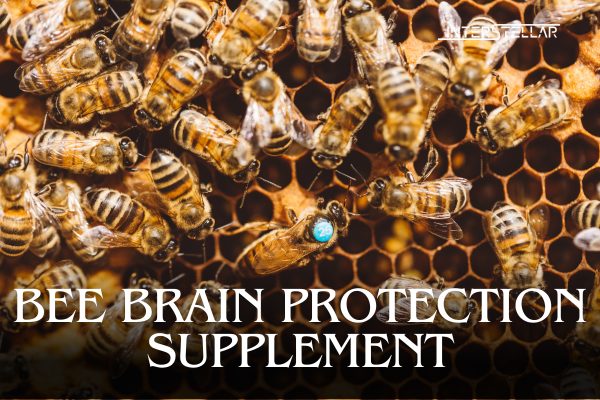Colombian Researchers Develop Supplement to Protect Bees from Pesticide Damage
Colombian Researchers have created a new plant-based food supplement that shields bees from the harmful effects of pesticides. This innovative supplement, designed to protect bees’ brains from neurological damage caused by agricultural chemicals, represents a major step in preserving bee populations crucial for pollination and food production.
Protecting Bees’ Brains from Neurotoxins
The supplement was developed by scientists at Colombia’s Rosario University in Bogota, working in collaboration with the University of Arizona’s Department of Neuroscience and Universidad Javeriana in Colombia. It helps bees build resistance against neurotoxins commonly used in agriculture, preventing pesticides from damaging their motor functions and memory.
“This is a nutritional solution to the problem bees face when exposed to pesticides,” said Andre Riveros, associate professor at Rosario University. He explained that the supplement enables bees to develop protection against the harmful chemicals they encounter in agricultural environments.
The key ingredient in the supplement is flavonoids, which are plant-derived compounds known for their health benefits. These molecules help the bees maintain their neurological health even when exposed to toxic substances.
Lab and Real-World Testing
During the early stages of development, scientists fed the supplement to bees under controlled laboratory conditions. Sedated bees were placed in small tubes and fed one by one, allowing the researchers to monitor their response. The research has since progressed to real-world testing at an apiary located at the university.
Juan Jose Ovalle, a natural science student involved in the research, shared that the supplement has shown promising results. “We already know that there are molecules that improve the bees’ health and prevent neuronal damage caused by pesticides,” Ovalle said, adding that continued research will focus on further improving the supplement’s effectiveness.
A Vital Step for Ecosystem Preservation
As pollinators, bees are essential for maintaining natural ecosystems and supporting global food production. Pesticide exposure has posed a significant threat to bee populations, leading to neurological damage that affects their ability to navigate, forage, and perform essential tasks.
By developing a supplement that boosts bees’ resilience against pesticides, scientists hope to safeguard these important pollinators and contribute to broader efforts aimed at ecosystem preservation.





